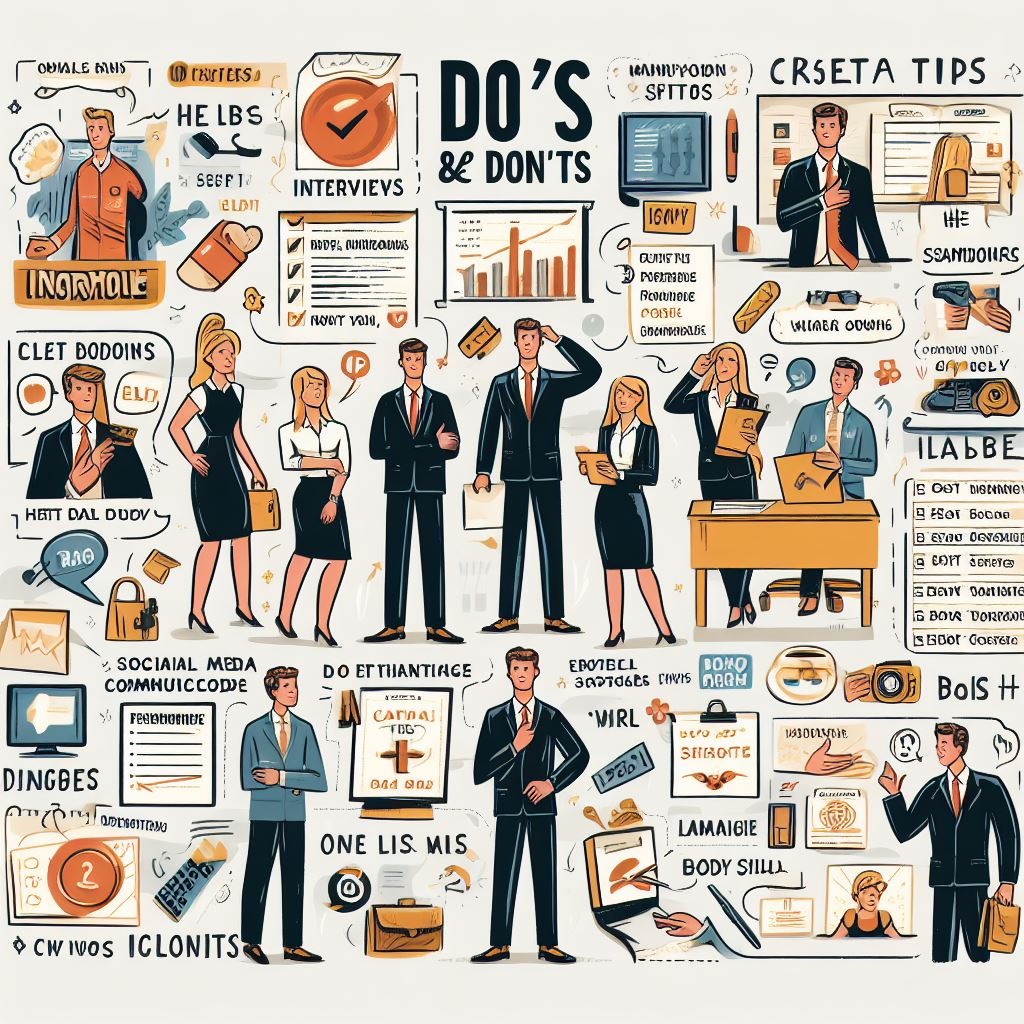"The One-Page Resume Debate: Pros, Cons, and When to Use ? "

One of the most debated aspects of resume crafting is whether to limit it to a single page or expand it further. Let’s delve into the pros and cons of a one-page resume in a detailed tabular format, exploring scenarios where it excels and when a detailed resume is necessary:
Scenarios Favoring a One-Page Resume:

- Entry-Level Positions: Ideal for recent graduates or those with limited work experience seeking entry-level roles.
- Career Fairs and Networking Events: Grabs attention quickly and facilitates quick information transfer.
- Roles with High Competition: Stands out amidst numerous applications, ensuring vital information isn’t overlooked.
Jobs Requiring Detailed Resumes:

- Senior Management Positions: Senior roles often demand extensive information on achievements, skills, and leadership experience.
- Technical or Specialized Roles: Industries such as engineering or IT may need detailed descriptions of technical proficiencies and project details.
- Academic or Research Positions: Positions requiring extensive publication or project details benefit from a comprehensive resume.
A one-page resume serves as a powerful tool, particularly in entry-level positions or industries where brevity is valued. Its succinct nature allows for quick assimilation of key skills and experiences, making it an ideal choice for career fairs, networking events, or roles with high competition. However, the need for a detailed resume arises in industries requiring in-depth information. Senior management roles, technical or specialized positions, and academic sectors demand comprehensive resumes to outline extensive achievements, leadership experiences, technical proficiencies, or scholarly contributions. The decision to opt for a one-page or detailed resume hinges on navigating these nuances, aligning the resume structure with the industry, individual experience level, and the specific job being pursued.
Navigating the resume crafting process involves striking a delicate balance between brevity and comprehensiveness. Crafting the ideal resume necessitates a keen understanding of the industry’s expectations and the job role’s demands. For those venturing into entry-level positions or aiming for roles where a concise overview is critical, a one-page resume excels in highlighting essential skills efficiently. Conversely, roles demanding a deeper dive into professional backgrounds, such as managerial positions or technical roles, require detailed resumes to adequately portray one’s capabilities and accomplishments. Adapting the resume length to suit these demands ensures the document effectively communicates the candidate’s qualifications and stands out amidst the competition in a given job market.
Your educational achievements are a cornerstone of your resume. Join our Resume Development Workshop to learn how to effectively showcase your educational accomplishments in a way that captivates recruiters.
Register now at 🔗 Resume Development Workshop to gain valuable insights on optimizing your educational section and ensuring your resume stands out among the competition. Secure your professional future with a well-crafted resume that highlights your educational achievements effectively!
FAQs
Q1: What’s the advantage of a one-page resume?
A: It’s concise, ideal for entry-level roles, and grabs attention quickly.
Q2: Are detailed resumes necessary for all job applications?
A: No, they’re essential for senior roles, technical positions, and academic or research jobs.
Q3: How does industry impact the resume length choice?
A: It determines the level of detail expected and the resume’s effectiveness in specific sectors.
Q4: Can a one-page resume hinder senior-level job applications?
A: Yes, senior roles often require comprehensive information that a one-page resume may lack.
Q5: When is a one-page resume the ideal choice?
A: It’s effective for career fairs, networking events, or entry-level roles with high competition.
Q6: What types of jobs benefit from detailed resumes?
A: Technical, managerial, and academic positions need extensive information on achievements and expertise.
Q7: How does experience level impact the resume length decision?
A: Entry-level candidates often benefit from a one-page resume, while experienced professionals may need more space.
Q8: Should I tailor my resume length based on the targeted job role?
A: Yes, customizing the resume to the job’s requirements can enhance its effectiveness.
Q9: Can a detailed resume be too overwhelming for recruiters?
A: It can be if not structured well, but it’s necessary for roles requiring in-depth information.
Q10: What’s the key to crafting an impactful resume?
A: Balancing brevity and detail according to the industry, job role, and level of experience ensures an effective resume presentation.
Hashtags
- #ResumeDebate
- #OnePageResume
- #ResumeTips
- #CareerAdvice
- #JobSearchStrategies
- #EmploymentTips
- #ProfessionalDevelopment
- #ResumeWriting
- #JobSeekers
- #CareerStrategy
![]()


